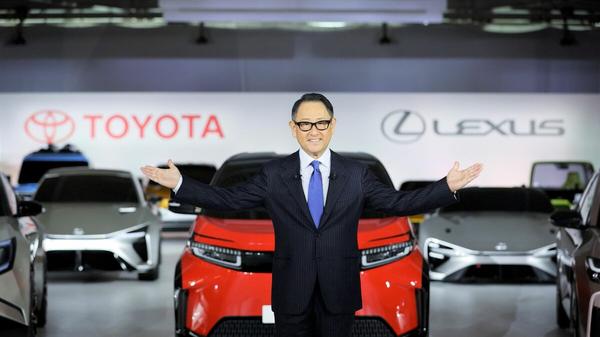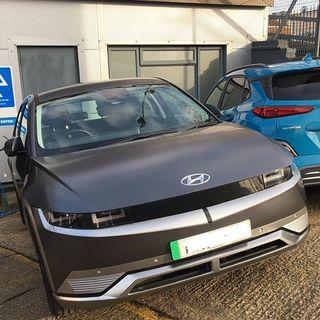
``Toyota should insist that it is right.'' ``Real global strategy'' that was not talked about at the shocking press conference on the launch of 30 EV models Protecting the environment and not abandoning developing countries
Toyota's "Battery EV Strategy Presentation" was held on December 14th. It is an ambitious strategy to launch 30 BEV models (pure electric vehicles without engines) by 2030 and to produce 3.5 million BEVs by 2030.
Tesla is expected to sell less than 1 million units this year, so the target is 3.5 times that level. Toyota, which had been cautious about BEVs until now, has taken a big step forward.

In spite of this, a foreign reporter asked, "Why 3.5 million units (about 35% of Toyota's production volume)? Isn't it 100% or 50% like other companies?" When I heard this, I felt that the reporter did not understand the meaning of this press release, and at the same time, I thought that this reporter's perception was that of the majority of BEV proponents.
Certainly, Audi, Mercedes-Benz, Volvo, etc. have announced that they will all be BEV by 2030, and Volkswagen, which can be said to be Toyota's biggest rival, will release 70 types of BEV by 2030, and overall Since it has announced that 50% of it will be BEV, it is not impossible to view that it is still inferior even at this scale.
In response to this question, President Toyoda replied, ``Toyota is dealing with a variety of markets with different energy situations. I became uneasy.
Toyota has consistently said, "Diverse solutions are needed for carbon neutrality." Although the number of BEVs produced will increase in this announcement as well, the overall idea is that the basic concept will not change. This way of thinking itself seems to have given the impression of being "obsessed with internal combustion engines and hybrids" and "negative about EVs" to "environmentalists", mainly in Europe.
I fear that I was unable to dispel that impression at this recital. Toyota is a very serious and modest company, so I feel that their public relations strategy (especially for overseas) is weak. Even in major Japanese media, we often see articles critical of Toyota, which is influenced by European propaganda and does not look positive about BEV.
